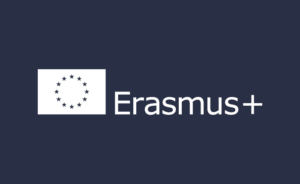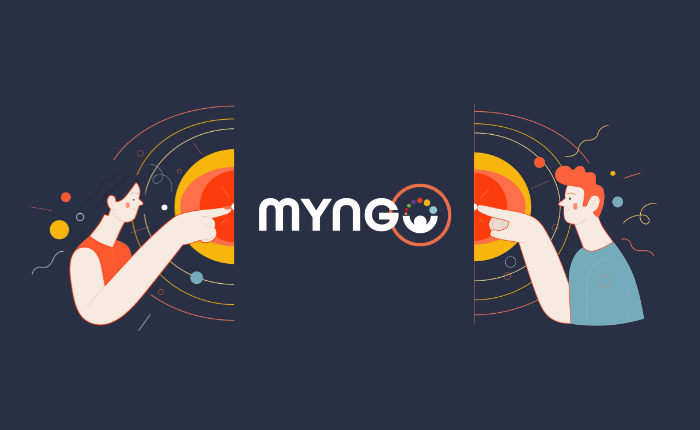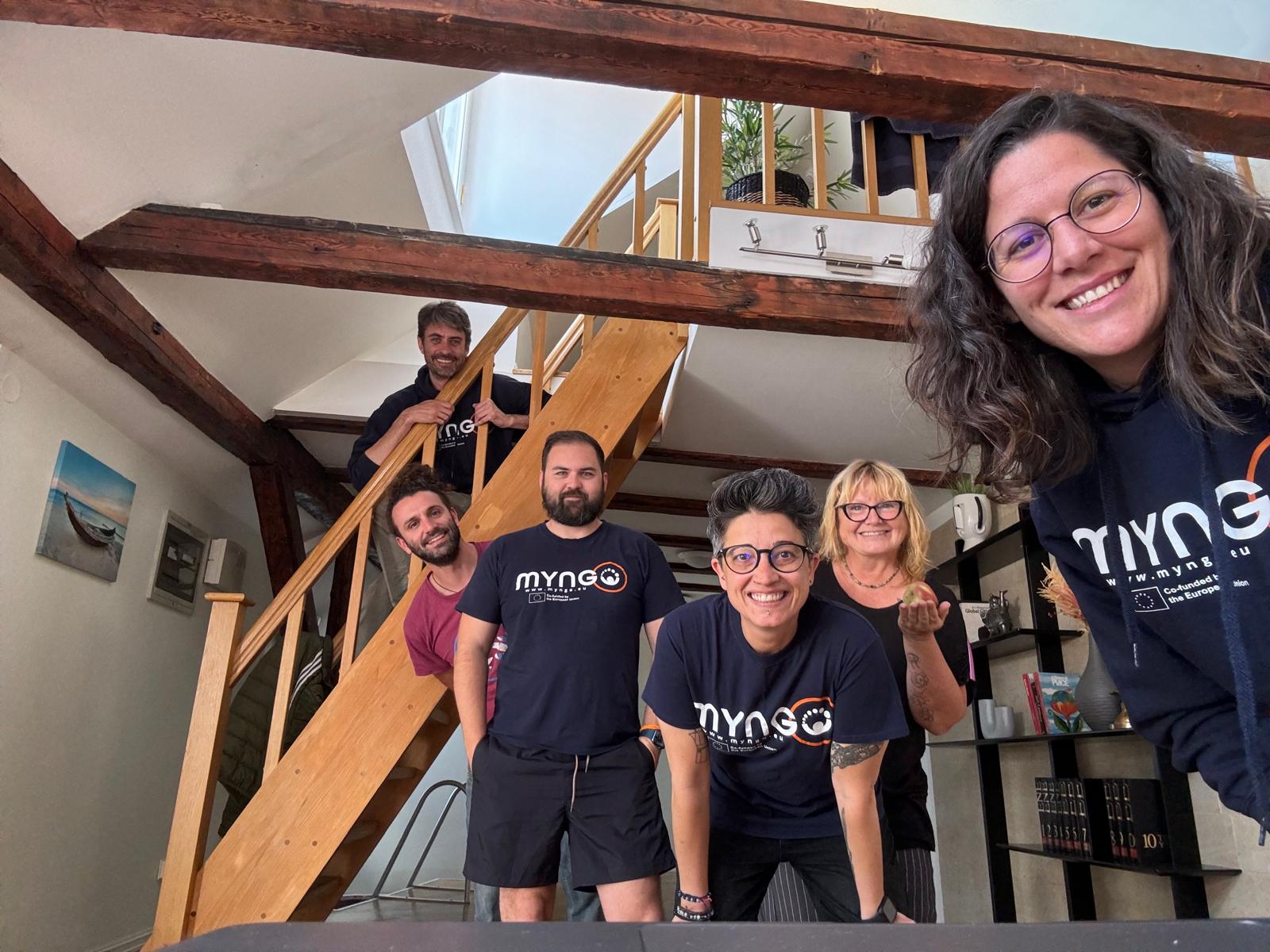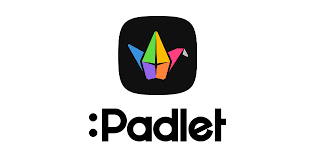On the 11th of March 2020, the WHO declared Covid19 a global pandemic and from that moment on, the whole world entered a crisis of monumental proportions. People have been deprived of the tools of perception of the world and relationships, the main factors of management, development and learning processes.
Thanks to telematics and information technology, we were tackling many of the problems that have arisen. Let us think of digital public administration, of ‘smart working’ whereby many people can work from home, or of distance learning which allows teachers and students not to interrupt their training. The vision of increasingly widespread and accessible knowledge, built on new participatory models and completely new ways of interacting, has opened up to us.
arisen. Let us think of digital public administration, of ‘smart working’ whereby many people can work from home, or of distance learning which allows teachers and students not to interrupt their training. The vision of increasingly widespread and accessible knowledge, built on new participatory models and completely new ways of interacting, has opened up to us.
All sectors were being called upon to update themselves, professionals to train themselves and to transform what initially appear to be problems into something innovative that opens the door to countless further developments and that does so from a perspective linked to the principles of sustainability. Our world, the world of associations and non-formal youth education, was not exempt from this. If, before Covid-19, we were already thinking about how a greater development of organisations in the digital sphere was possible, this has then become more than a necessity and with MYNGO Project we wanted to express
ourselves in this perspective by developing concrete results.
 MYNGO is a project of cooperation partnership in youth funded by the Erasmus Plus programme that aims to respond to the digital development needs of associations and learning processes in non-formal education and it is developed by Asociación Brújula Intercultural (Spain), Associazione Kora (Italy), Dynamic Learning (Estonia) and Regionalne Centrum Wolontariatu (Poland). The project runs for 30 months, from January 2022 to July 2024, and involves the development of 3 different outputs.
MYNGO is a project of cooperation partnership in youth funded by the Erasmus Plus programme that aims to respond to the digital development needs of associations and learning processes in non-formal education and it is developed by Asociación Brújula Intercultural (Spain), Associazione Kora (Italy), Dynamic Learning (Estonia) and Regionalne Centrum Wolontariatu (Poland). The project runs for 30 months, from January 2022 to July 2024, and involves the development of 3 different outputs.
The first output is MYNGO.eu: the Platform
MYNGO is a virtual platform that facilitates and improves organisation management. MYNGO brings online everything you need to manage: your administration, your members, your projects and your collaborations.
Through a single, dedicated login you can develop your virtual environment, discover management tools and automation that simplify your internal administration, build a social network dedicated to your members with spaces for interaction, develop virtual courses and expand your network by connecting with other registered organisations.
This output is aimed at organisations, youth associations and informal groups.
The platform will enable organisations to develop and train themselves in the digital environment and represents a great opportunity for organisational development, personal and joint training, networking and the networking and the development of innovative learning projects. On the one hand, the platform aims to make the management of the association more sustainable, as well as to reinforce its work by giving it a guarantee of continuity.
The second output is a virtual course for DIGITAL YOUTH WORKER
Although there are training for for youth workers that introduce digital tools and methods, there is nothing that aims to train youth workers to actually do their work online and to do it using the web as a training medium.
If we want to create digital youth workers who use the media and the potential of digital to do their work with young people, why not train them directly online? Why not develop the training with the tools that the youth workers themselves will learn to use in their own activities?
This is the aim of this development. The training will be developed entirely within the platform and will aim to train in digital tools, online facilitation models and skills for designing and skills to design intercultural dialogue processes as ways of learning using digital technology. This course will also aim to facilitate the understanding of the potential of the platform and to invite new staff and organisations to use it and join the cooperation network at the end of the project.
The third output is composed by four virtual training in MYNGO on cross-cutting themes for youth work. There will be four training that aim to train youth workers, volunteers, members of organisations and/or young people interested in competencies and skills which are at the basis of all non-formal learning processes, whether at local, national, European or international level. These are training on transversal competencies, applicable in whole or in parts to all kinds of activities and projects to be developed. The new Erasmus+ programme requires speeding up the digital transformation of society and to include the use of digital technologies in learning projects. This development aims to do so and its potential for transferability is clear: they will be used as a complement to face-to-face and/or virtual activities; they can be used as a starting point for project planning; and/or can provide a replicable learning structure for many other subjects.






